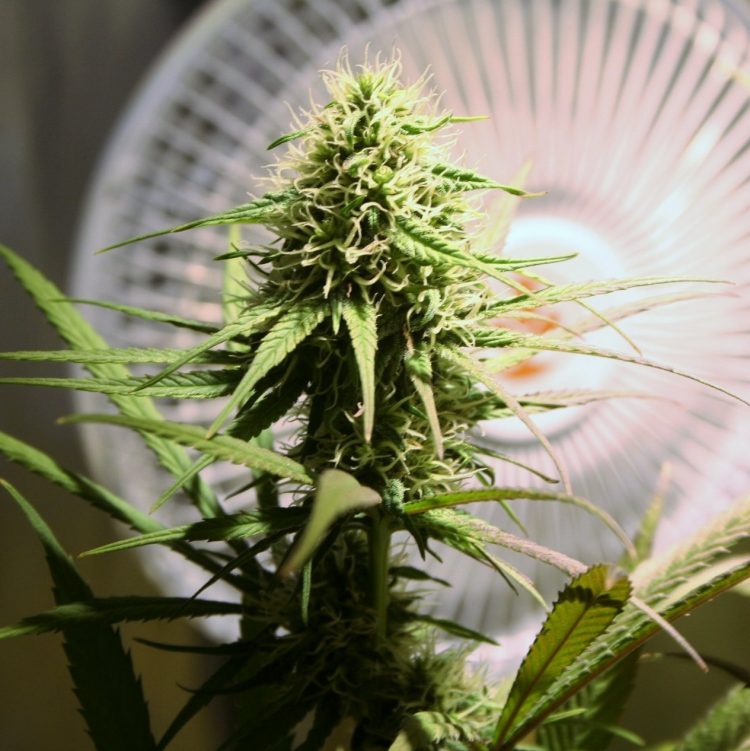
Organic cannabis growing is becoming increasingly popular as more and more people become aware of the benefits it offers. Organic cannabis cultivation offers growers the ability to manage their crop from seed to harvest, while providing a purer and healthier product for consumption. In this blog post we will explore all aspects of organic cannabis growing – from the many advantages to best practices and common misconceptions about the process. We’ll also discuss some advanced techniques that can help you maximize your yields while avoiding potential pitfalls along the way. Join us on our journey into understanding how you too can reap all the rewards that come with cultivating your own organic cannabis crop.
Table of Contents:
- Benefits of Organic Cannabis Growing
- Best Practices for Organic Cannabis Growing
- Common Misconceptions about Organic Cannabis Growing
- Advanced Techniques for Organic Cannabis Growing
- Troubleshooting Tips for Organic Cannabis Growing
- FAQs in Relation to Organic Cannabis Growing
- Conclusion
Benefits of Organic Cannabis Growing
Organic marijuana cultivation has numerous advantages that make it an appealing choice for both recreational and medical cannabis consumers, such as improved taste, greater potency, reduced environmental impact, and increased safety. Organic cannabis provides enhanced taste, greater strength, reduced environmental effects, and improved security when compared to traditionally grown marijuana.
Organically cultivated cannabis typically possesses a superior taste to conventionally grown varieties, as it has not been exposed to chemical fertilizers or pesticides which can strip away flavour-enhancing terpenes and cannabinoids. The natural soil composition also contributes to the unique flavors associated with organic marijuana plants. Additionally, organically grown buds tend to be more potent because they are not exposed to harsh chemicals which can strip away terpenes and cannabinoids from the plant material resulting in weaker buds with less psychoactive effects.
In terms of environmental impact, growing organic cannabis eliminates the need for synthetic fertilizers or pesticides which can leach into nearby water sources causing harm to local ecosystems. Moreover, when employed in copious amounts over an extended period of time, numerous commercial fertilizers can be damaging to soils due to their inclusion of heavy metals like lead and mercury; this necessitates significant remediation efforts before further cultivation endeavors may commence.
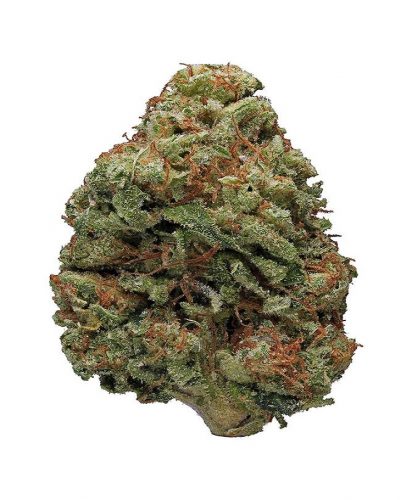
Safety is a paramount consideration when cultivating organic marijuana, as opposed to using chemical-based products on your plants; these substances can be harmful if ingested by humans or animals alike through direct contact or inhalation of vapors released during application processes. What’s more, some synthetic compounds have been linked with various health issues such as cancer so it behooves us to avoid their use altogether whenever possible – particularly if we’re growing medicinal grade strains intended for consumption by patients who may already have compromised immune systems due to existing conditions like HIV/AIDS or chemotherapy treatments etc.
Despite the potential drawbacks such as labor costs and nutrient availability, organic cannabis cultivation remains a beneficial way to produce quality weed without negative environmental consequences. These include additional labor costs required for proper maintenance and care along with limited availability of certain nutrients depending on geographical location. Despite these potential issues, overall this method still remains one of the best ways available today for producing high quality weed without having any negative impacts on either yourself or Mother Nature.
Organic cannabis growing provides numerous benefits, such as improved flavor and quality of the buds, fewer pests and diseases to worry about, healthier soil for future crops, and a more sustainable approach. Moving on from here we will discuss best practices for organic cannabis growing in order to ensure successful harvests.
Best Practices for Organic Cannabis Growing
Cultivating cannabis organically is a widely-practiced method, employing fewer chemicals and more natural elements. Achieving top-notch yields requires an understanding of the fundamentals such as prepping soil, managing nutrients, and dealing with pests.
Select a potting mix that includes organic components, such as compost or peat moss, for your soil prep when cultivating organic cannabis. Verify that the dirt from your outdoor area is clear of any artificial fertilizers or pesticides before introducing it to your garden. You’ll also want to ensure that the pH level is between 6-7 so that your plants can absorb nutrients properly.
Nutrient management is key when growing organic cannabis. To provide adequate nutrition for your plants without resorting to chemical fertilizers, use an organic nutrient system such as fish emulsion or kelp meal. Be certain to adhere to the instructions on the label accurately and tweak as necessary – too much fertilizer can be detrimental for your plants. Additionally, consider incorporating companion planting into your garden; this will help keep pests away naturally while providing additional nutrition for your crops as well as enhancing their flavor profiles when smoked or ingested in edibles form.
Finally, pest control should be addressed when cultivating organically grown cannabis plants. The most effective way to do this is through prevention: avoid overcrowding in pots and maintain proper air circulation around each plant; inspect regularly for signs of infestation; remove any infected parts immediately; rotate crops every season; and use beneficial insects like ladybugs or praying mantises instead of harsh chemicals whenever possible. It’s also important not to forget about good old fashioned handpicking – picking off bugs manually may seem tedious but it’s one of the most effective ways of controlling pests organically.
Organic cannabis cultivation necessitates perseverance and commitment, yet with the correct knowledge it can be an incredibly fulfilling practice. Common misconceptions about organic cannabis growing often lead to frustration or failure; however, understanding these myths is key for successful cultivation.
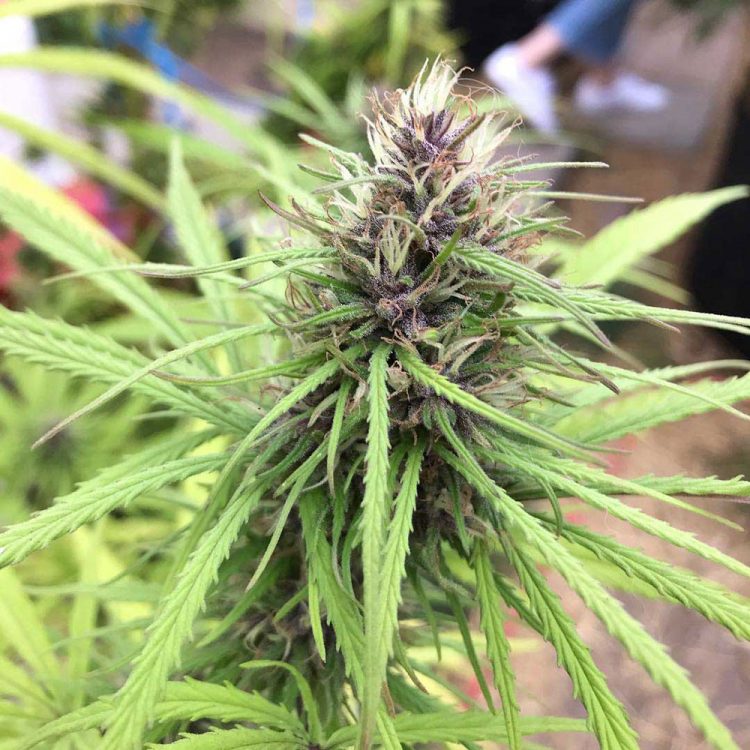
Common Misconceptions about Organic Cannabis Growing
Organic cannabis growing is a popular and effective way to cultivate high-quality marijuana. Unfortunately, there are some common misconceptions about organic cultivation that can lead people astray. Let’s delve into the realities behind these false impressions so you can make a well-thought out determination when selecting how to cultivate your own marijuana plants.
A widely-held belief is that organic cannabis cultivation necessitates more effort and expenditure than traditional approaches. In reality, organically grown cannabis requires less maintenance and fewer inputs than chemically fertilized plants, making it cheaper in the long run. Furthermore, because organic soil contains beneficial microorganisms that help with nutrient uptake and pest control, you won’t need to spend as much time tending to your plants or dealing with pests or diseases.
Another myth is that organic cannabis tastes worse than chemically grown weed. This simply isn’t true – in fact, many growers believe their organically cultivated buds taste better due to their higher terpene content. So don’t let this misconception stop you from giving organic growing a try – you may just be surprised by the results.
Some mistakenly believe that all chemical fertilizers are bad for one’s health and the environment, while natural products are beneficial. Still, if used carelessly or correctly, some chemical fertilizers may have adverse effects on human health. That said, there are synthetic nutrients available which provide a safe alternative to those who want them without sacrificing quality yields or flavor profiles of their finished product. Additionally, caution should always be exercised when utilizing any type of fertilizer as certain natural ingredients such as manure may contain harmful pathogens which could contaminate crops if not handled correctly.
Overall, understanding these common misconceptions will help ensure successful outcomes with your own outdoor or indoor grows. With proper knowledge, care and attention given to your garden – whether using chemicals or going completely natural – you should be able to enjoy tasty buds while protecting yourself, others around you and our planet.
Advanced Techniques for Organic Cannabis Growing
Organic cannabis cultivation is gaining traction among cultivators and consumers alike. Growing organic cannabis requires more knowledge and expertise than traditional methods, but the rewards are well worth it. In this article, we’ll discuss some of the advanced techniques for organic cannabis cultivation that can help you get the most out of your plants.
Aeroponics systems are one of the most efficient ways to grow organic cannabis indoors or outdoors. This system involves suspending plant roots in a misting chamber filled with nutrient-rich water and oxygenated air, which allows them to absorb nutrients directly from their environment without having to search for them in soil or other mediums. Aeroponic systems require careful monitoring and maintenance, as they tend to be sensitive to temperature fluctuations and light levels; however, when done correctly they can produce extremely high yields with minimal effort.
With hydroponic systems, you get the advantage of direct access to essential nutrients like nitrogen, phosphorus, potassium (NPK), magnesium, calcium carbonate (CaCO3) and sulfur while roots can easily absorb these elements into their cells without needing to expend much energy. Furthermore, this setup requires less space than aeroponics systems since all components are contained within one unit rather than scattered across multiple chambers as with aeroponics setups. However, it is important to keep up with regular maintenance in order to avoid any issues such as clogging or algal growth down the line.
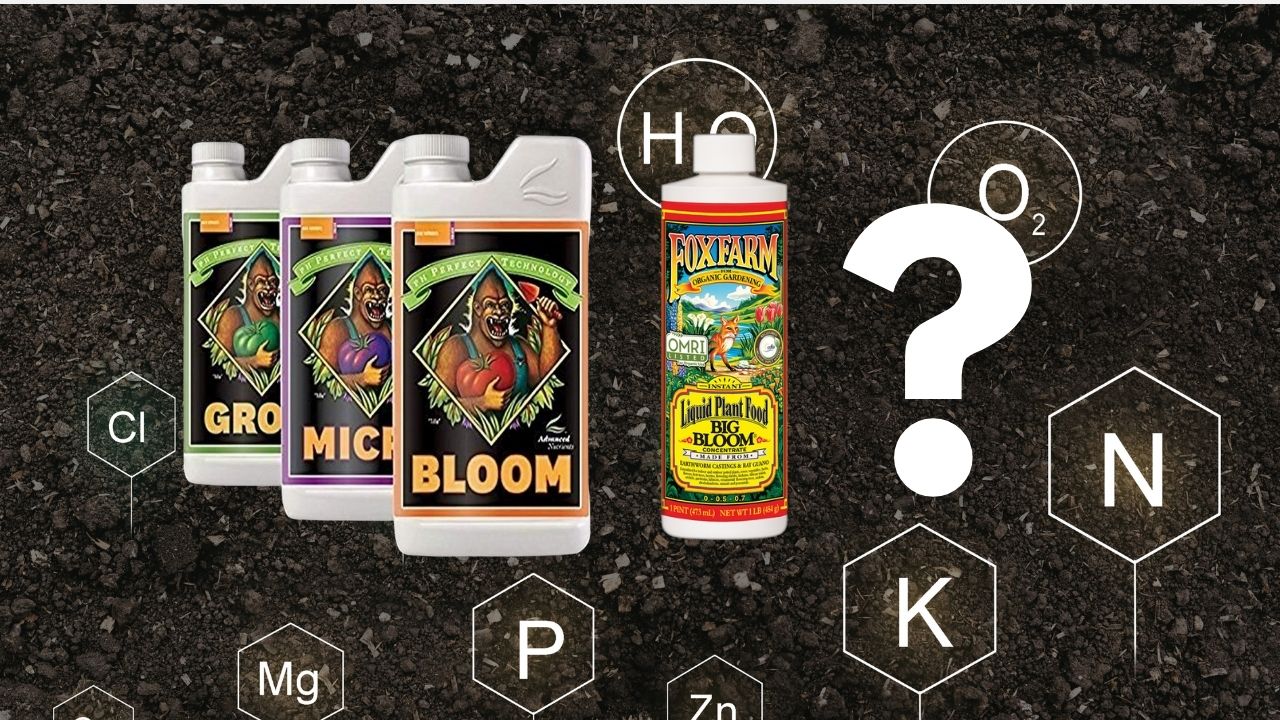
Troubleshooting Tips for Organic Cannabis Growing
Despite the difficulty of organic cannabis cultivation, it is possible to achieve success with the right guidance. With the right knowledge and troubleshooting tips, you can overcome common problems that arise when growing organic cannabis.
Nutrient Deficiencies:
When growing organic cannabis, it’s important to ensure your plants are getting all the nutrients they need for optimal growth. Macronutrients like N, P and K as well as micronutrients such as Fe, Zn and Mn should be supplied in balanced amounts for healthy growth of organic cannabis. If your vegetation appears to be exhibiting indications of lacking nutrients, such as yellowed foliage or stunted growth, consider adding natural fertilizers like compost or fish emulsion to give supplementary nutrition. Additionally, using companion planting techniques like intercropping with nitrogen-fixing legumes can help boost soil fertility and reduce the need for chemical fertilizers.
Encourage beneficial insects like ladybugs and praying mantises into your garden to naturally control pests, or disrupt their life cycles with crop rotation practices. Neem oil, an Indian-sourced repellent, is a dependable way to fight off aphids, mites, whiteflies, mealybugs and thrips.
Selecting a growing medium that’s best suited for your organic cannabis strain is key to success. Coco coir has excellent water retention capabilities, while perlite provides better drainage and aeration; both should be amended with other components such as vermiculite, peat moss, sand etc., depending on what works optimally for your plants.
FAQs in Relation to Organic Cannabis Growing
Can cannabis be grown organically?
Yes, cannabis can be grown organically. Organic growing is a process of cultivating the plant without using synthetic fertilizers or pesticides. Instead, organic growers use natural ingredients such as compost and manure to provide nutrients for their plants. Additionally, they avoid introducing any chemicals into the environment that could potentially harm beneficial insects or other organisms in the soil ecosystem. Through meticulous management and consideration, it is achievable to cultivate high-grade cannabis blossoms while still observing an organic strategy.
Is organically grown cannabis better?
Yes, organically grown cannabis is better. Organic farming practices are beneficial for the environment and produce healthier plants with fewer contaminants. Additionally, organic growing methods can reduce pests and diseases that may otherwise damage a crop of cannabis. Organically grown cannabis also contains higher levels of terpenes, offering a range of flavor profiles and therapeutic benefits that are not available with non-organic varieties. Ultimately, organically grown cannabis is a healthier and more enjoyable choice for growers and smokers alike.
What does it mean to grow cannabis organically?
Cultivating marijuana plants without synthetic chemicals such as pesticides and fertilizers is the practice of organic cannabis growing. Instead, organic growers rely on natural methods to ensure healthy growth and abundant yields. This includes selecting soil with appropriate nutrients for the plant’s needs, providing adequate light exposure, controlling temperature and humidity levels in the grow space, managing pests naturally through companion planting or beneficial insects like ladybugs and praying mantises, regularly testing pH levels of water used for irrigation or foliar sprays, pruning to promote new growth while removing dead leaves or stems that can attract disease-causing organisms. With these practices in place an organic cannabis garden can thrive.
Does organic cannabis grow slower?
Organic cannabis can grow slower than non-organic cannabis due to the lack of synthetic nutrients and pesticides. Organic growers must take special measures to guarantee their plants get the nutrients they need and ward off pests without relying on synthetic substances. Additionally, organic soils may not have the same levels of aeration or drainage as non-organic soils, which can lead to slower growth rates. Ultimately, however, it is possible for organic cannabis to achieve similar yields when compared with its non-organic counterparts if grown correctly.
Conclusion
Organic cultivation of cannabis is a great way to create superior, uncontaminated and tasty flowers. While it may take some time to learn the techniques involved in organic cultivation, with patience and dedication anyone can master this art form. By following best practices for organic cannabis growing, avoiding common misconceptions about the process, learning advanced techniques as needed and troubleshooting when issues arise you will be well on your way to becoming a successful grower of quality organic cannabis.
Take the first step towards becoming an expert in organic cannabis growing. Join GreenBudGuru.com to learn all you need to know about successful weed cultivation!
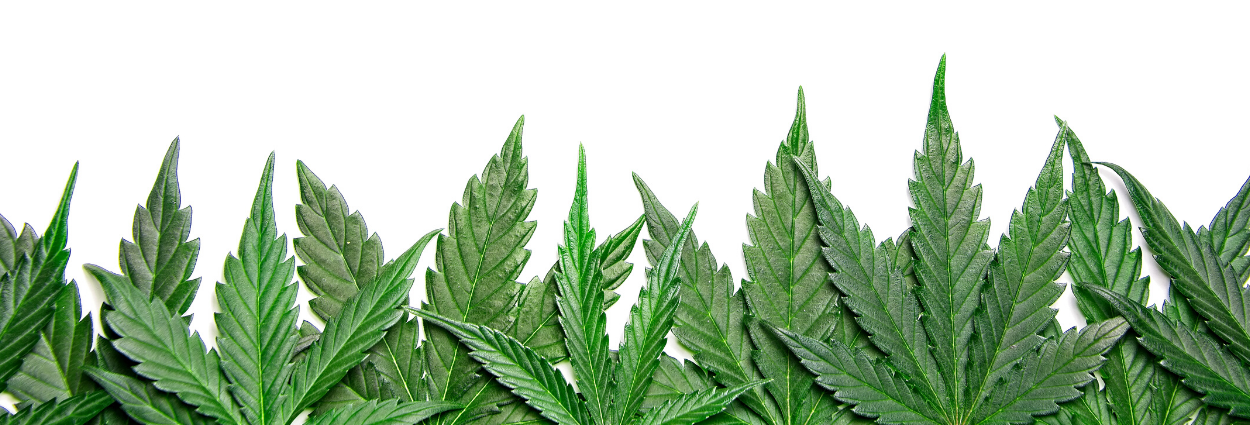
Originally posted 2023-03-18 08:57:08.


 James Alexander
James Alexander